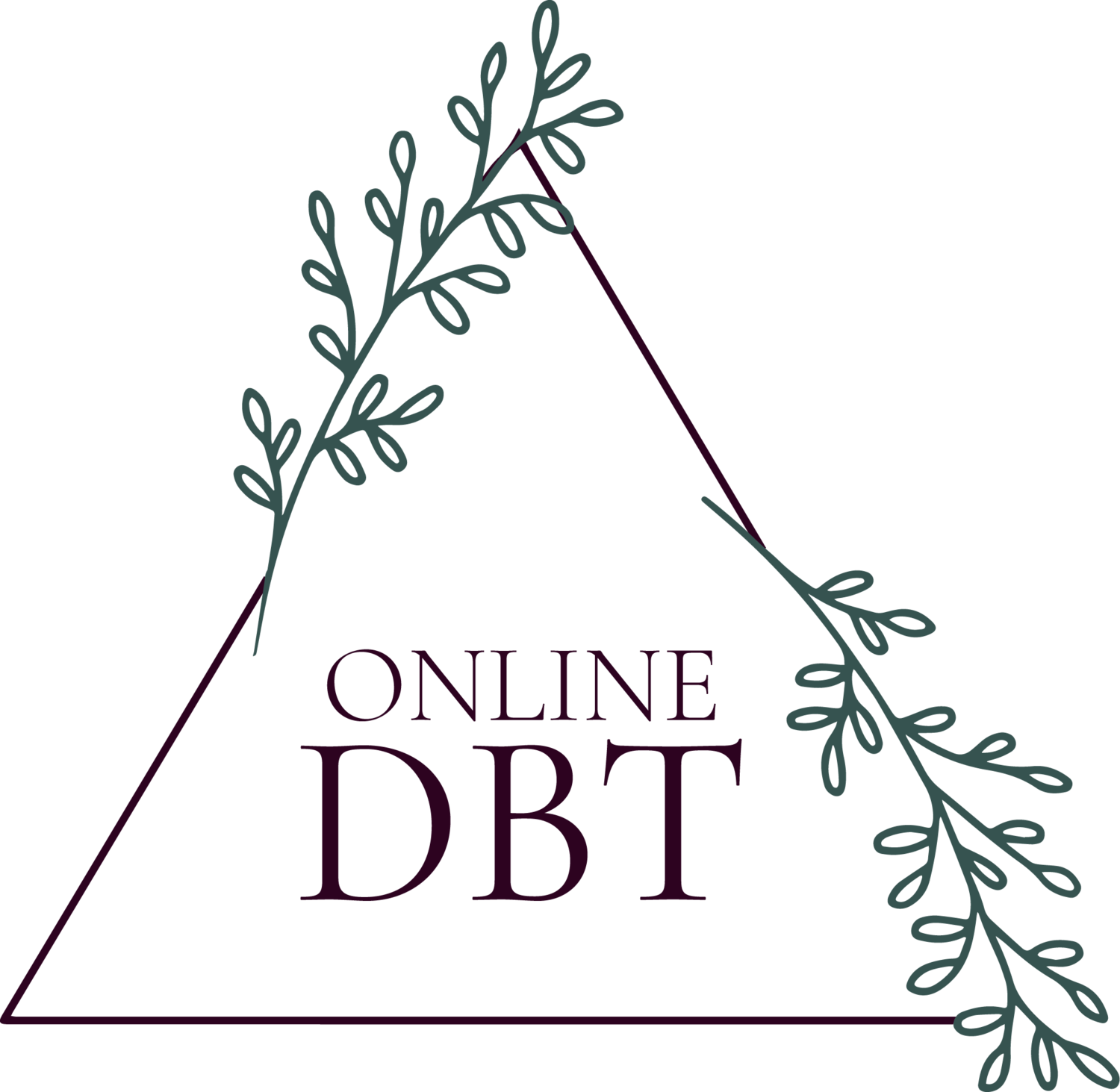Selena Gomez Practises Dialectical Behaviour Therapy Every Day: What is it?
Dialectical Behaviour Therapy (DBT) is a less well-known technique for dealing with anxiety, stress, and distress. Selena Gomez, one of DBT’s most prominent supporters, has previously stated that she undergoes this therapy daily to help her manage her mental health. DBT skills aid individuals and other people in their circle by helping them manage day-to-day struggles with mental health. DBT has changed many lives and is continuously being developed to help more people in their mental health struggles.
Selena has studied DBT in the past, and it has been instrumental in helping change her life for the better. She said that she hopes that people will be more comfortable talking about therapy because it helps develop better lifestyles.
Dialectical Behaviour Therapy is a type of psychotherapy that involves talking. It is based on Cognitive Behavioural Therapy (CBT), but is tailored specifically for people who experience strong emotions. Its goal is to help people understand and accept difficult feelings in their lives. It is also a way to learn skills for managing these emotions to make a person’s life more positive.
Trying to understand how two seemingly opposing things can both be true is what “dialectic” means. Accepting yourself and changing your behaviour, for example, may appear to be mutually exclusive. However, DBT teaches that one can achieve both of these objectives simultaneously.
This is the first-line treatment for borderline personality disorder. Still, it is also commonly used for patients with bipolar disorder, PTSD, eating disorders, and those in mental distress. It entails speaking with a DBT therapist one-on-one or in group sessions to provide patients with DBT therapy skills that they can use in everyday life.
DBT usually entails striking a balance between assisting the patient in accepting certain aspects of their life’s reality and teaching them skills to change other aspects of their lives, such as dysfunctional behaviours.
Mindfulness is one of the skills that the therapist can teach. This is a set of abilities that allows one to concentrate on the present rather than worrying about the past or future.
They also teach people how to cope with stress. This entails learning how to deal with crises without resorting to harmful behaviours such as self-harm.
Interpersonal effectiveness is another skill that is taught. It entails learning to ask for things and saying no to others while maintaining self-respect and respect for the other person.
Finally, they also teach skills that help people understand, be more aware, and control their emotions or emotion regulation skills.
Selena has spoken about her experiences with the stigma associated with mental illness and seeking treatment and endorsing DBT. She stated that she had visited four treatment facilities.
She shared how she never understood the stigma in mental health until she underwent her first treatment. A photograph was leaked, and she described it as “wild” to witness how mean people were.
The singer and actress also stressed that caring for one’s mental health is a long-term process. They offered advice to those currently who have a mental illness. She added that it’s an everyday practice. She monitors her emotional and mental states daily.
What Does DBT Treat?
DBT has been shown in studies to be effective in treating issues such as self-harm, suicide attempts, and depression.
It is said that the therapy can treat people with borderline personality disorder (BPD), and the majority of its evidence has come from treating people with this diagnosis.
DBT is now being offered by some NHS services for children and adolescents with drug and alcohol problems, eating disorders, and offending behaviours.
For DBT and other therapies to work, the patient must be committed to making positive changes to themselves. They must also be ready to work hard at the therapy and do as they are told in their homework.
Aside from commitment, patients should accept focusing on creating a good present and future. They usually work through group sessions, but some people may find it difficult. In this case, they may prefer to work one-on-one with a DBT therapist, but this is not always possible. As such, clients should talk to a doctor about their preferences and see if it is available in your area.
DBT treatments include a pre-treatment. This is where the therapist will assess whether DBT is appropriate for you. They may offer a number of sessions where clients can learn more about the DBT model.
One-on-one sessions with a DBT therapist are typical in individual therapy. The sessions involve a hierarchy of goals. One is to keep a person safe by reducing self-harm or suicidal behaviours, reducing any behaviours that may interfere with therapy, and helping one reach their goals and improve their quality of life.
A DBT therapist is likely to ask their clients to complete diary cards and bring them to sessions.
During DBT skills training, usually, two therapists are in a group, and sessions are held once a week. These sessions are designed to teach participants skills that they can use in their everyday life.
DBT Therapists Who Care for You
DBT is available through the NHS or the private sector, with a referral from your doctor or mental health team. If you want to work with trusted therapists for DBT and require DBT treatment, we can help. Our team of trusted therapists at onlinedbt.co.uk has the experience and knowledge to help you work through your challenges.
Online DBT is a company that focuses on helping people go on their DBT journey with ease. We have experienced therapists who have helped many people on their path to a better life. We also have programs that can help you try DBT by yourself for a time before you go and join a group for better results.
If you have questions about our services, feel free to browse through our homepage. You can also send us a message so that we can further help you.


